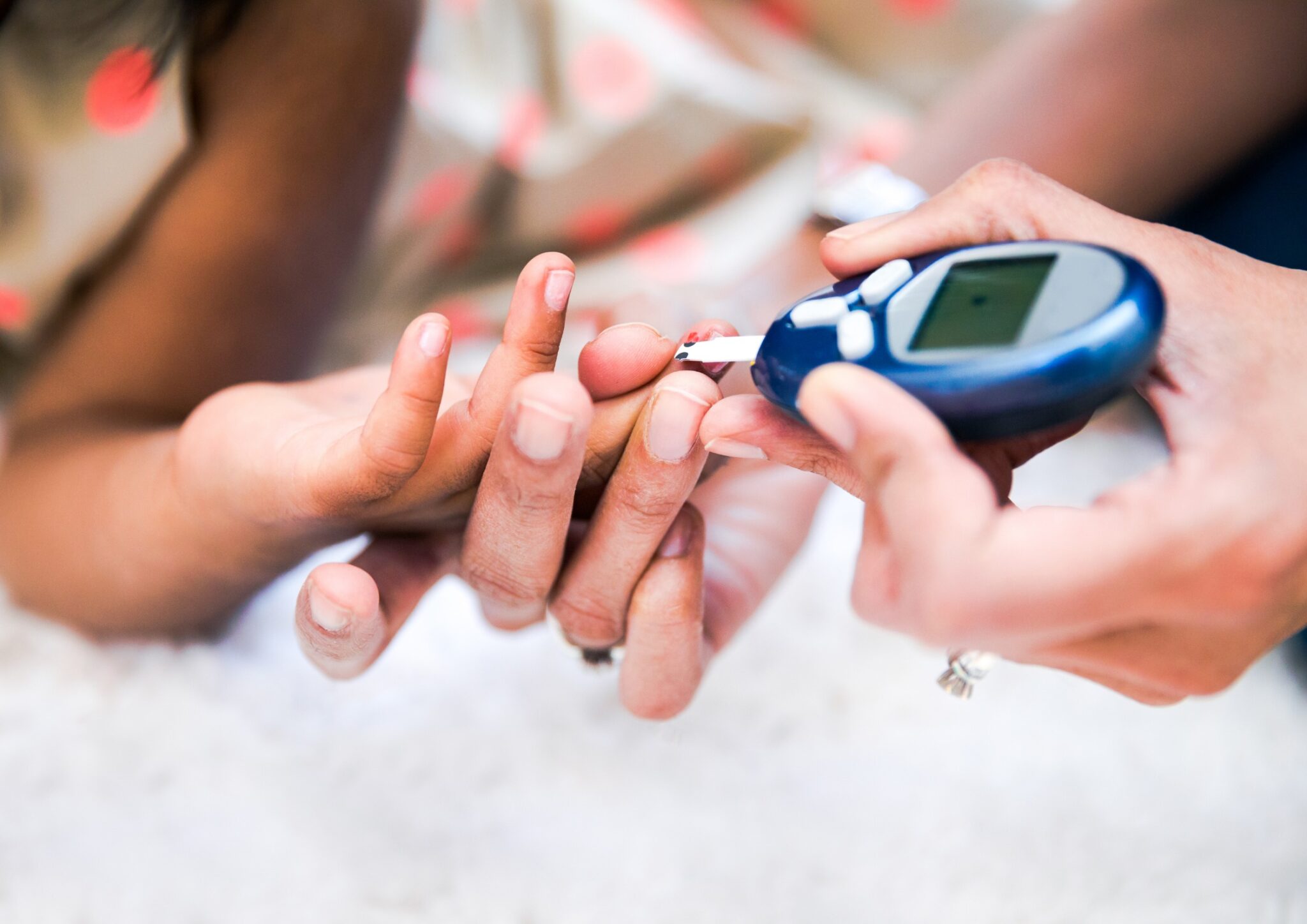Why We Need Blood Glucose Monitoring?
Blood glucose monitoring is very important and the secrets to maintaining regular blood glucose levels are diet, exercise, medicine, and stress control. People who maintain their blood glucose levels within the goal range report being more healthy, feeling better, and having more influence on their lives.
Testing your own blood glucose level provides you with the knowledge you need to treat your diabetes effectively. You won’t realize how good your food, fitness, and drug plans are going unless you have frequent monitoring, and you won’t know when to make adjustments unless you have regular testing.
Don’t base the decision entirely on how you thought. An individual with higher-than-normal blood glucose levels can define, but they are at a far higher risk of serious problems if levels are not monitored over an extended period.
When To Test Blood Sugar
The frequency at which you monitor your blood glucose is determined by a variety of variables, including:

- Your type of diabetes
- The amount and frequency of your medication
- How much your blood glucose changes during the day
Additional Testing Is Recommended When You:
- Are ill or under stress
- Make major changes in your eating, sleeping, or exercise routines
The following card contains general blood glucose check schedules. Consult the doctor or a diabetes specialist to determine the best routine for you. In addition to the dates listed on the next card, your doctor can prescribe additional testing times.
How To Test Blood Sugar At Home
Blood glucose tests are fast and simple to do. You can test virtually anywhere, at any moment, and in under a minute. Blood glucose checks may be performed using either a test strip and a handheld hand-held electronic meter or only a test strip.
Electronic meters have more precise and dependable test data. A drop of blood is placed on a specific test strip. The meter (about the size of a pocket calculator) automatically monitors and displays the blood glucose amount.
Visual test strips that enable you to equate the color shift of the test strip to a color map include an estimate of your blood glucose level. Urine glucose monitoring is no longer advised since it is inaccurate and sometimes deceptive.
How Often To Check Blood Sugar Type 1 Diabetes

Test the blood glucose levels before each dinner, at bedtime, and regularly glucose is abundant at 3 a.m. You aim to get a blood glucose level that is close to average.
If you have complications such as kidney failure, paralysis, amputation, heart attack, or stroke, your doctor can prescribe a less aggressive care regimen and less regular blood glucose monitoring.
The Diabetes Control and Complications Trial, which concluded in 1993, effectively demonstrated the importance of preserving near-normal BG levels by showing that extensive therapy requiring repeated blood glucose monitoring and other treatments greatly delays the occurrence of severe long-term complications.
How Often To Test Blood Sugar Type 2
- Initially, measure the blood glucose four times a day, once before each meal and once before bedtime. Keep a list of your measurements to discuss with your doctor.
- When the blood glucose levels have stabilized, monitor before breakfast 3 to 7 days a week.
- Retest the blood glucose between 1 and 3 days a month, before each meal and before bedtime. Compare these results to the previous blood glucose pattern.
About The Author

My mission is to bring greater awareness about the power of the ancient wisdom, art, and science of Traditional Chinese Medicine (TCM) and to teach people that there is a better and more sustainable way to reach the best version of themselves. I inspire and lead others using accountability practices that allow others to take greater responsibility for their health and wellness. I want everyone to be a willing participant in the lifestyle changes that may be necessary to reach optimal and sustainable health.
DISCLAIMER
This Information provided by AntonikaChanel LLC on Antonikachanel.com is for general informational purposes only. Everything material on the Site is supplied “entirely”. We make no representations or warranty of any sort, regarding the adequacy or completeness of the content. This website is under no responsibility for any loss or damage arising from the use of this site or reliance on any information provided on the site.


